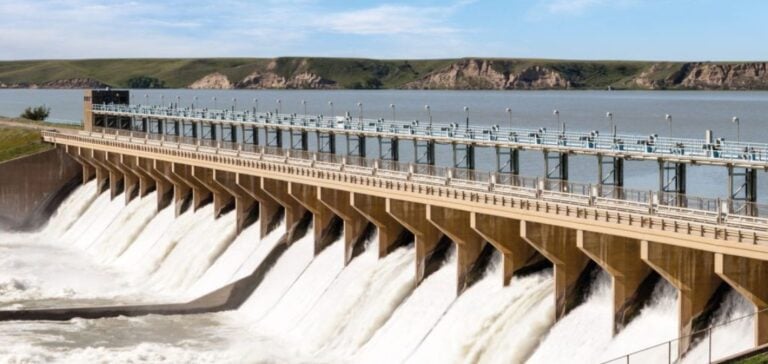In January 2024, Vattenfall began supplying renewable hydropower to Borealis, under the terms of a long-term purchase agreement. The agreement specifies the delivery of 175 GWh per year from Vattenfall’s hydroelectric plants located along the Lule river in Sweden. This ten-year agreement marks the first collaboration of its kind between the two companies. It aims to support Borealis in achieving its sustainability objectives.
Expected impact on Borealis emissions
The renewable electricity generated by this agreement is expected to reduce Borealis’ Scope 2 emissions by 6,800 metric tons per year. In total, this could represent a reduction of 68,250 tonnes of CO2 over the life of the agreement. These figures are part of Borealis’ efforts to meet its energy and climate targets, including the reduction of its carbon footprint linked to electricity consumption.
Statements by company managers
Vattenfall’s Branislav Slavic stressed the importance of the agreement in helping customers achieve their sustainability goals. For Borealis, Wolfram Krenn highlighted the agreement as a significant step towards achieving the company’s energy and climate ambitions. Both expressed their satisfaction at the establishment of this collaboration, aimed at promoting fossil-free energy production.
Borealis sustainability strategy
The agreement between Vattenfall and Borealis aligns with Borealis’ goal of using 100% renewable electricity in its polyolefins and commodity chemicals operations by 2030. This ambition is part of a broader strategy to reinvent the essentials for sustainable living. The collaboration is presented as a lever to accelerate the achievement of over 40% renewable electricity consumption in these operating sectors.
This partnership illustrates a growing trend among companies to turn to renewable energy sources to power their operations. It highlights the role that renewable energy purchasing agreements can play in the energy transition of industrial sectors.






















